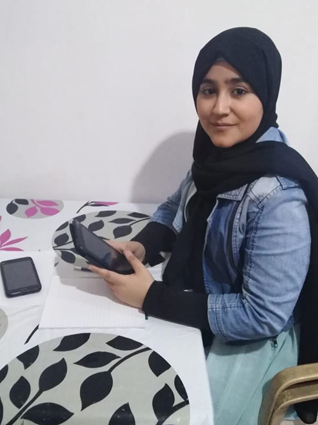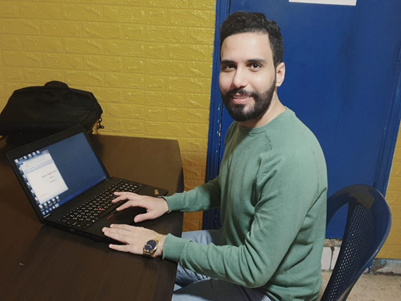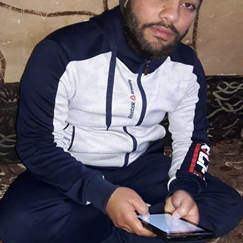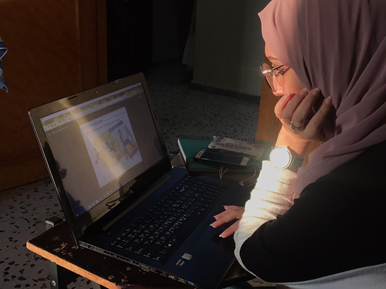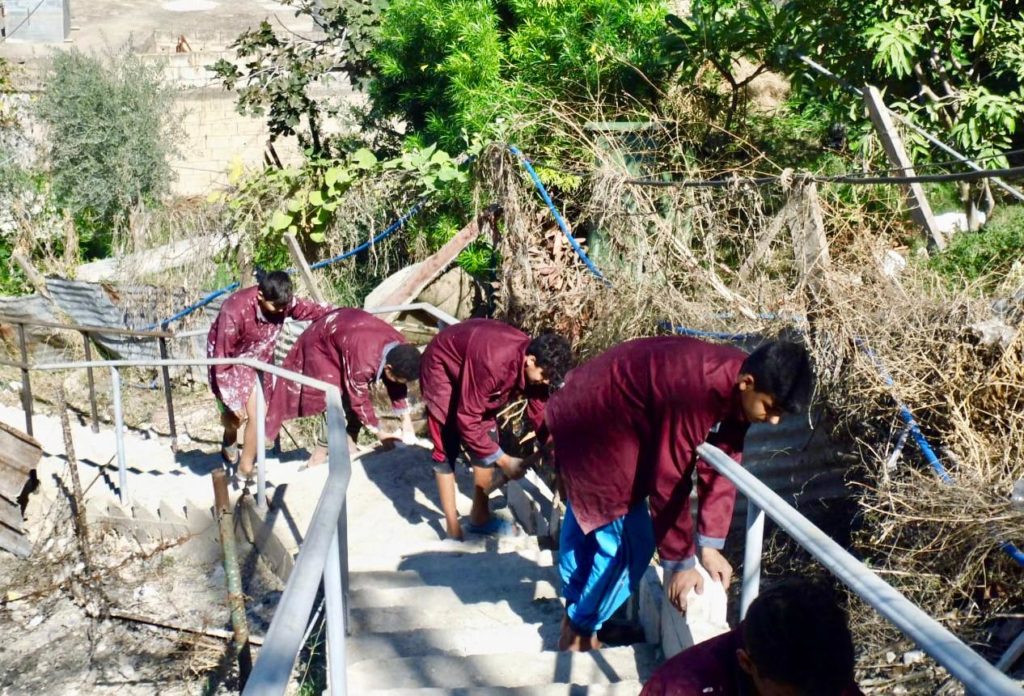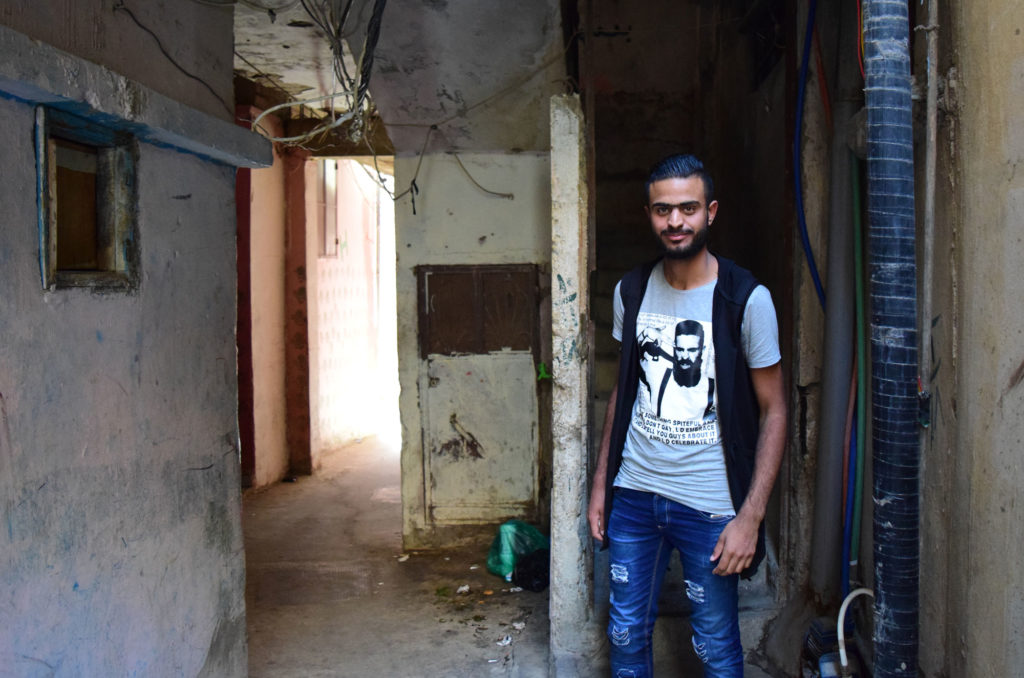EDUCATION
COVID-19 won’t stop education in Lebanon
Jul, 2020
“Now, more than ever, a spotlight is shining on the role of e-learning and digital literacy.” — Rudayna Abdo, founder and president of Thaki
Staying Home and Learning Online
Difficult times are a test of our ability to change and grow. In the midst of the ongoing economic and refugee crises in Lebanon, Anera’s educational team had to adapt to the new global public health crisis situation quickly. We weren’t going to give up on the thousands of young people who depend on our free-of-charge vocational courses and the income opportunities that come with them.
In partnership with UNICEF, Anera launched 11 online English pilot classes in Lebanon, using Google Class as the platform. Anera distributed tablets to each of the 110 students and laptops to the nine teachers.
Anera trained the teachers to use the online platform and the laptops, which were donated by Thaki, an organization that provides educational tools to refugees and vulnerable communities. We ensured that both teachers and students have access to the internet by providing them with internet data cards.
Nagham, a Palestinian student participating in one of the courses, says,
“We have just recently started learning online and I already have gained so much new information and improved my English. I am glad that I am keeping my mind busy and active during the quarantine.”
Maria Berbari, who works on Anera’s education projects in Lebanon, underscores the pivot that circumstances demanded:
“We have been providing literacy and math classes for years now, through our local partners, but this was new!”
“At first, many of us on the project team were hesitant. This was a sudden change and we had our doubts about it working, mainly due to technical difficulties. We had to train ourselves before training others. Thankfully, through teamwork, a lot of research and an understanding of how crucial this initiative is, we were able to launch a nationwide e-learning program with 11 courses running simultaneously with 110 young people enrolled.”
Abeer Abou Zaki, the adolescents and youth program officer for UNICEF Lebanon, emphasizes the importance of this test case in online learning: “The success of this pilot would open new horizons for virtual learning for the vulnerable youth, supported by UNICEF and their partners.”
Mohamad Khatib, a Lebanese tutor, notes that there is no substitute for in-person classroom time. “The idea of ‘remote studying’ does not replace the idea of tutoring with the use of pen and paper and an instructor in class,” he says. “However, remote education is the only possible way to continue the school year right now.”
Fatima Cannan, a Palestinian tutor in English literature, says the online courses are “truly a chance for students and tutors to excel at using the internet for education, especially during the COVID-19 lockdown.”
Mahmoud, a Lebanese student, sees the online course as an opportunity to take advantage of the enforced down-time:
“I took the Elderly Care vocational course with Anera, but with this crisis and the virus situation, I could not complete my on-the-job training. God willing, I am waiting for the crisis to end so I can get back to that — but for now, I am finally learning English through the online course with Anera.”
Leen Ataya, Anera Lebanon’s education program manager, says, “Online classes have become a crucial space for youth to interact and share their experiences. It helps lessen the burden of isolation in lockdown.”

